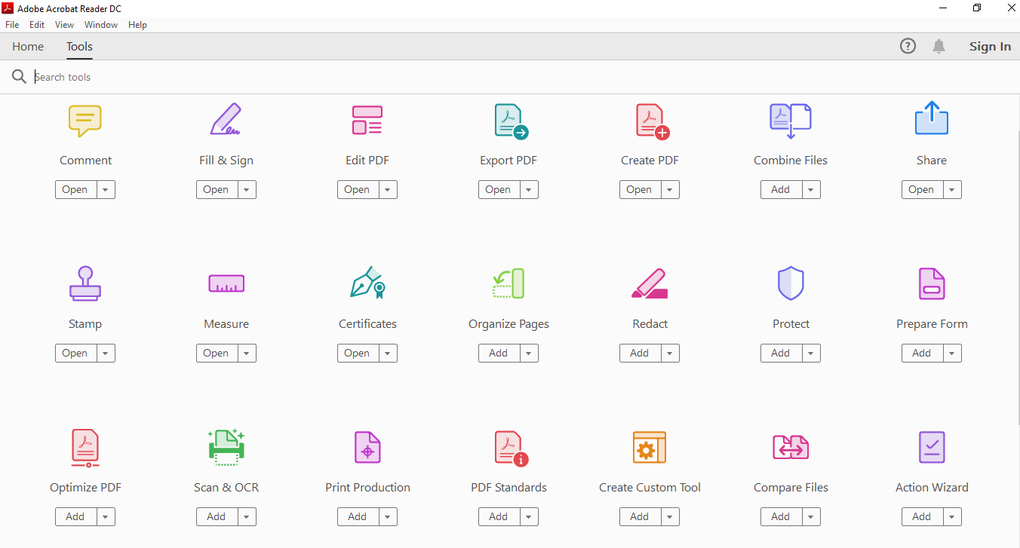

- Adobe acrobat reader dc v15 010.20056 pdf#
- Adobe acrobat reader dc v15 010.20056 pro#
- Adobe acrobat reader dc v15 010.20056 code#
- Adobe acrobat reader dc v15 010.20056 free#
Adobe acrobat reader dc v15 010.20056 pdf#
The vulnerability is triggered by a crafted PDF file that can cause a memory access violation exception in the XFA engine because of a dangling reference left as a consequence of freeing an object in the computation that manipulates internal nodes in a graph representation of a document object model used in XFA.
Adobe acrobat reader dc v15 010.20056 free#
This vulnerability is an instance of a use after free vulnerability.
Adobe acrobat reader dc v15 010.20056 code#
Successful exploitation could lead to arbitrary code execution.Īn issue was discovered in Adobe Acrobat Reader 2018.009.20050 and earlier versions, 2017.011.30070 and earlier versions, 2015.006.30394 and earlier versions. The vulnerability is triggered by a crafted PDF file that contains a malformed JBIG2 stream. This vulnerability is an instance of a use after free vulnerability in the JBIG2 decoder. The vulnerability is triggered by a crafted PDF file containing a video annotation (and corresponding media files) that is activated by the embedded JavaScript. This vulnerability is an instance of a use after free vulnerability in the rendering engine. A successful attack can lead to code corruption, control-flow hijack, or a code re-use attack.Īn issue was discovered in Adobe Acrobat Reader 2018.009.20050 and earlier versions, 2017.011.30070 and earlier versions, 2015.006.30394 and earlier versions. The vulnerability is triggered by a PDF file with crafted JavaScript code that manipulates the optional content group (OCG). This vulnerability is an instance of a heap overflow vulnerability in the JavaScript engine. The vulnerability is triggered by crafted JavaScript code embedded within a PDF file. This vulnerability is an instance of a use after free vulnerability in the JavaScript API related to bookmark functionality.

The vulnerability is triggered by crafted XFA script definitions in a PDF file. This vulnerability is an instance of a use after free vulnerability in the XFA engine, related to DOM manipulation. The attacker then needs to convince the victim to open the document.Īn issue was discovered in Adobe Acrobat Reader 2018.009.20050 and earlier versions, 2017.011.30070 and earlier versions, 2015.006.30394 and earlier versions. To exploit this issue, an attacker must acquire and then modify a certified PDF document that is trusted by the victim.
Adobe acrobat reader dc v15 010.20056 pro#
Exploitation of this issue requires user interaction in that a victim must open a malicious PDF file.Īcrobat Reader DC versions 2020.012.20048 (and earlier), 2020.001.30005 (and earlier) and 2017.011.30175 (and earlier) and Adobe Acrobat Pro DC 2017.011.30175 (and earlier) are affected by an improper input validation vulnerability that could result in arbitrary JavaScript execution in the context of the current user.

An attacker could leverage this vulnerability to bypass mitigations such as ASLR. Adobe Acrobat Reader DC version 21.007.20095 (and earlier), 21.007.20096 (and earlier), 20.004.30015 (and earlier), and 17.011.30202 (and earlier) is affected by a out-of-bounds read vulnerability that could lead to disclosure of sensitive memory.


 0 kommentar(er)
0 kommentar(er)
